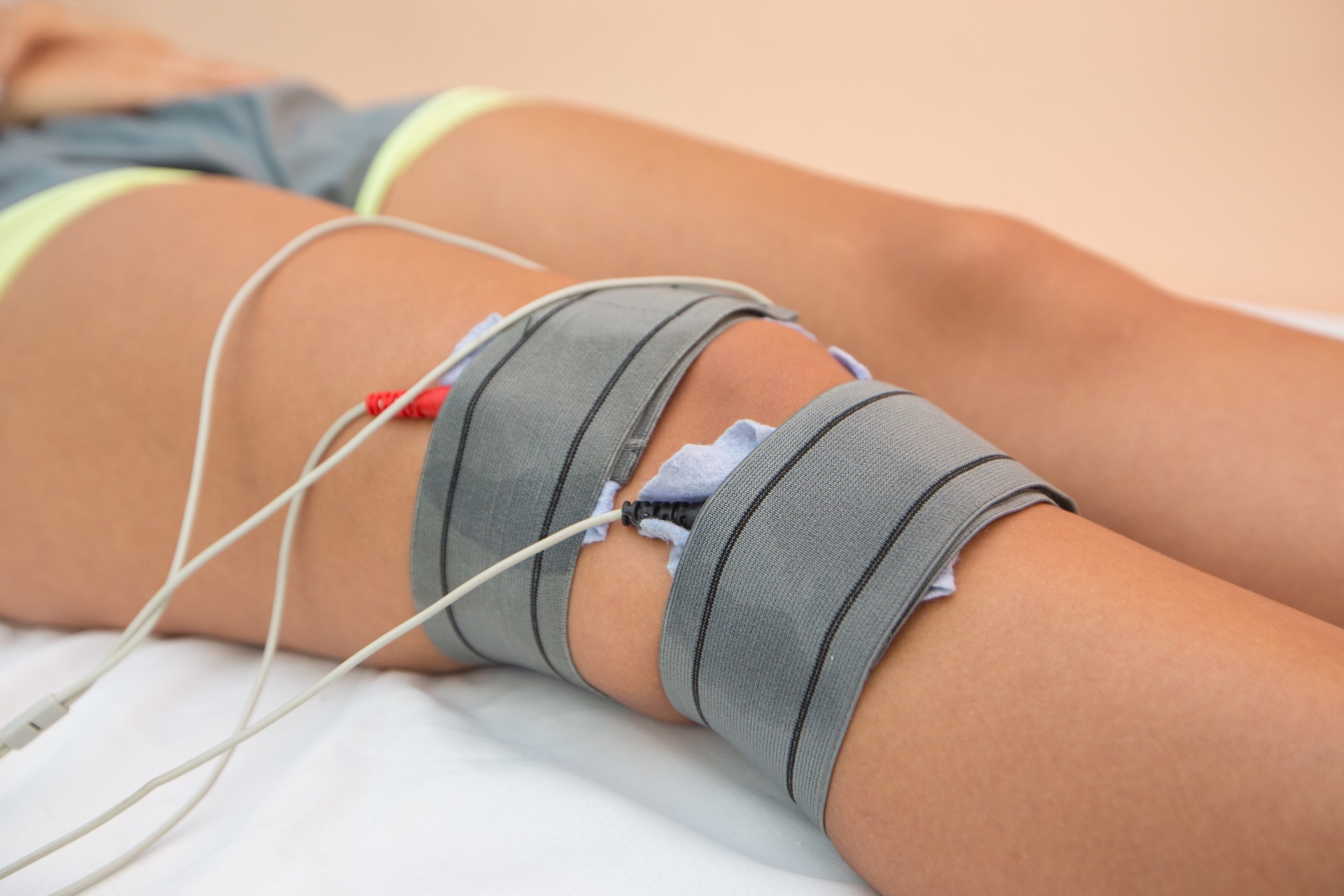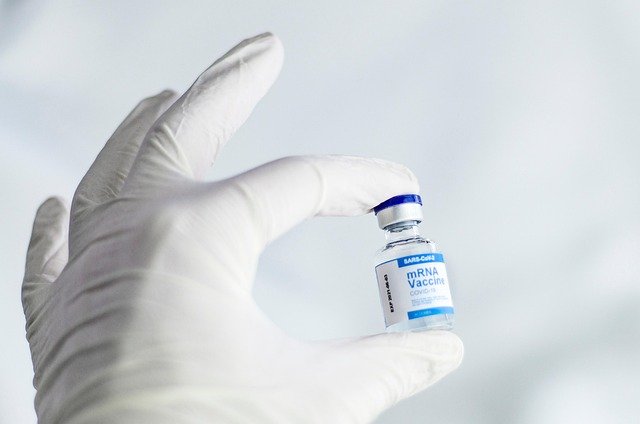Not all surgery recovery paths are created equal.Medical experts reveal essential steps for safer, stronger results.
When facing knee surgery, the path to recovery varies significantly based on your approach, preparation, and post-operative care. Whether you're considering knee replacement or other knee joint pain treatment options, understanding the critical factors that influence healing can make the difference between a successful outcome and prolonged complications. Medical experts emphasize that proper planning and following evidence-based recovery protocols are essential for achieving safer, stronger results.

What Makes Knee Surgery Recovery Different for Each Patient?
Recovery from knee surgery isn’t a one-size-fits-all process. Your age, overall health, type of procedure, and commitment to rehabilitation all play crucial roles in determining your outcome. Patients undergoing partial knee replacement typically experience faster recovery times compared to those requiring total knee replacement surgery. Additionally, your pre-surgical fitness level significantly impacts how quickly you’ll regain strength and mobility.
Medical professionals also consider your lifestyle demands when developing recovery plans. Active individuals may require more intensive rehabilitation programs, while those with sedentary lifestyles might need different motivational strategies to ensure proper healing. The surgical technique used also influences recovery - minimally invasive procedures generally result in less tissue damage and shorter healing periods.
How Does Knee Joint Pain Treatment Prepare You for Surgery?
Effective knee joint pain treatment before surgery can dramatically improve your post-operative outcomes. Pre-surgical physical therapy, often called “prehabilitation,” strengthens the muscles surrounding your knee and improves joint flexibility. This preparation helps your body better handle the surgical trauma and accelerates the healing process.
Pain management strategies implemented before surgery also set the foundation for post-operative comfort. Understanding how to use ice therapy, elevation techniques, and prescribed medications properly ensures you’re equipped to manage discomfort effectively during recovery. Some patients benefit from learning relaxation techniques and breathing exercises that help cope with both pre-surgical anxiety and post-operative pain.
What Are the Essential Steps for Safer Knee Surgery Recovery?
The first 48 hours after knee surgery are critical for establishing a successful recovery trajectory. Proper wound care, following prescribed medication schedules, and beginning gentle movement exercises as directed by your surgical team prevent complications and promote healing. Early mobilization, even if limited, helps prevent blood clots and maintains joint flexibility.
Nutrition plays an often-overlooked role in recovery. Consuming adequate protein supports tissue repair, while anti-inflammatory foods can help reduce swelling and promote healing. Staying hydrated and avoiding alcohol during the initial recovery phase allows your body to focus energy on repair processes rather than processing toxins.
Which Knee Pain Treatment Options Support Long-term Success?
Long-term success after knee surgery depends on consistent engagement with prescribed physical therapy programs. These treatments focus on gradually rebuilding strength, improving range of motion, and teaching proper movement patterns that protect your new or repaired joint. Most patients require 8-12 weeks of structured rehabilitation to achieve optimal results.
Home exercise programs complement formal physical therapy sessions and help maintain progress between appointments. Simple activities like ankle pumps, quad sets, and gentle stretching exercises can be performed safely at home and contribute significantly to overall recovery success. Consistency with these exercises often determines whether patients achieve their pre-injury activity levels.
| Treatment Provider | Services Offered | Estimated Cost Range |
|---|---|---|
| Public Hospitals (Germany) | Complete knee replacement, rehabilitation | €8,000 - €15,000 |
| Private Clinics | Minimally invasive procedures, premium care | €12,000 - €25,000 |
| Specialized Orthopedic Centers | Advanced techniques, personalized treatment | €10,000 - €20,000 |
| Rehabilitation Facilities | Post-surgical therapy, recovery programs | €2,000 - €5,000 |
Prices, rates, or cost estimates mentioned in this article are based on the latest available information but may change over time. Independent research is advised before making financial decisions.
Recovery timelines vary considerably based on individual factors and the specific type of knee surgery performed. Most patients can expect to resume normal daily activities within 6-8 weeks, while return to recreational sports may take 3-6 months. Setting realistic expectations and celebrating small milestones helps maintain motivation throughout the recovery process.
The role of support systems cannot be understated in successful knee surgery recovery. Having family members or friends available to assist with daily tasks during the initial weeks allows patients to focus energy on healing rather than struggling with routine activities. Many patients also benefit from connecting with others who have undergone similar procedures, either through support groups or online communities.
Understanding that recovery involves both physical and emotional challenges prepares patients for the complete healing journey. Some individuals experience temporary mood changes or frustration during the recovery process, which is completely normal. Maintaining open communication with your healthcare team ensures any concerns are addressed promptly and appropriately.
This article is for informational purposes only and should not be considered medical advice. Please consult a qualified healthcare professional for personalized guidance and treatment.




